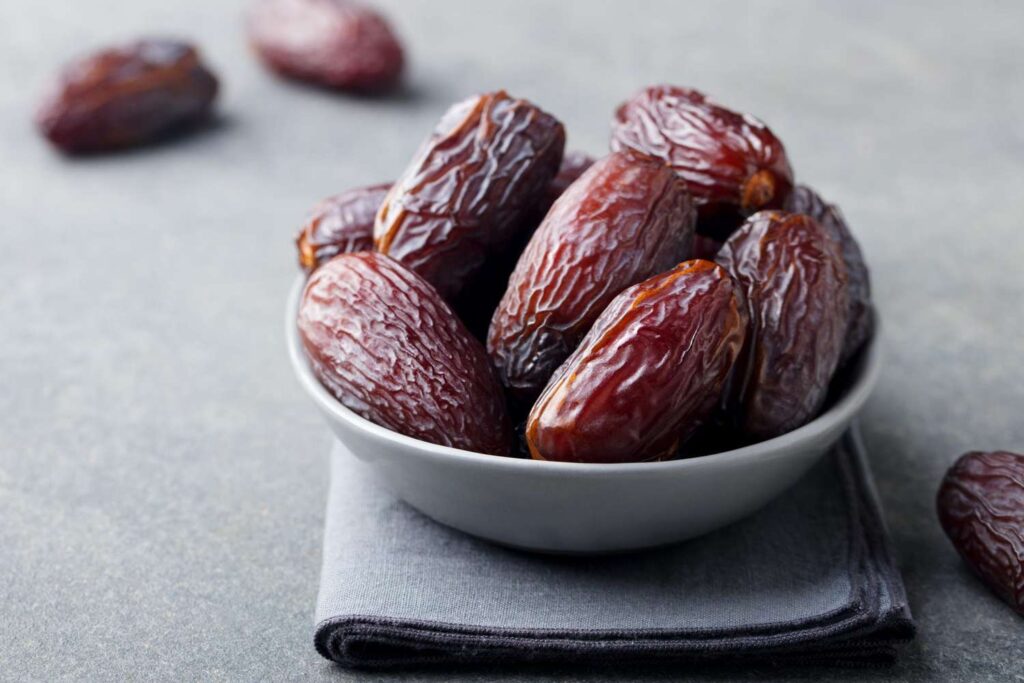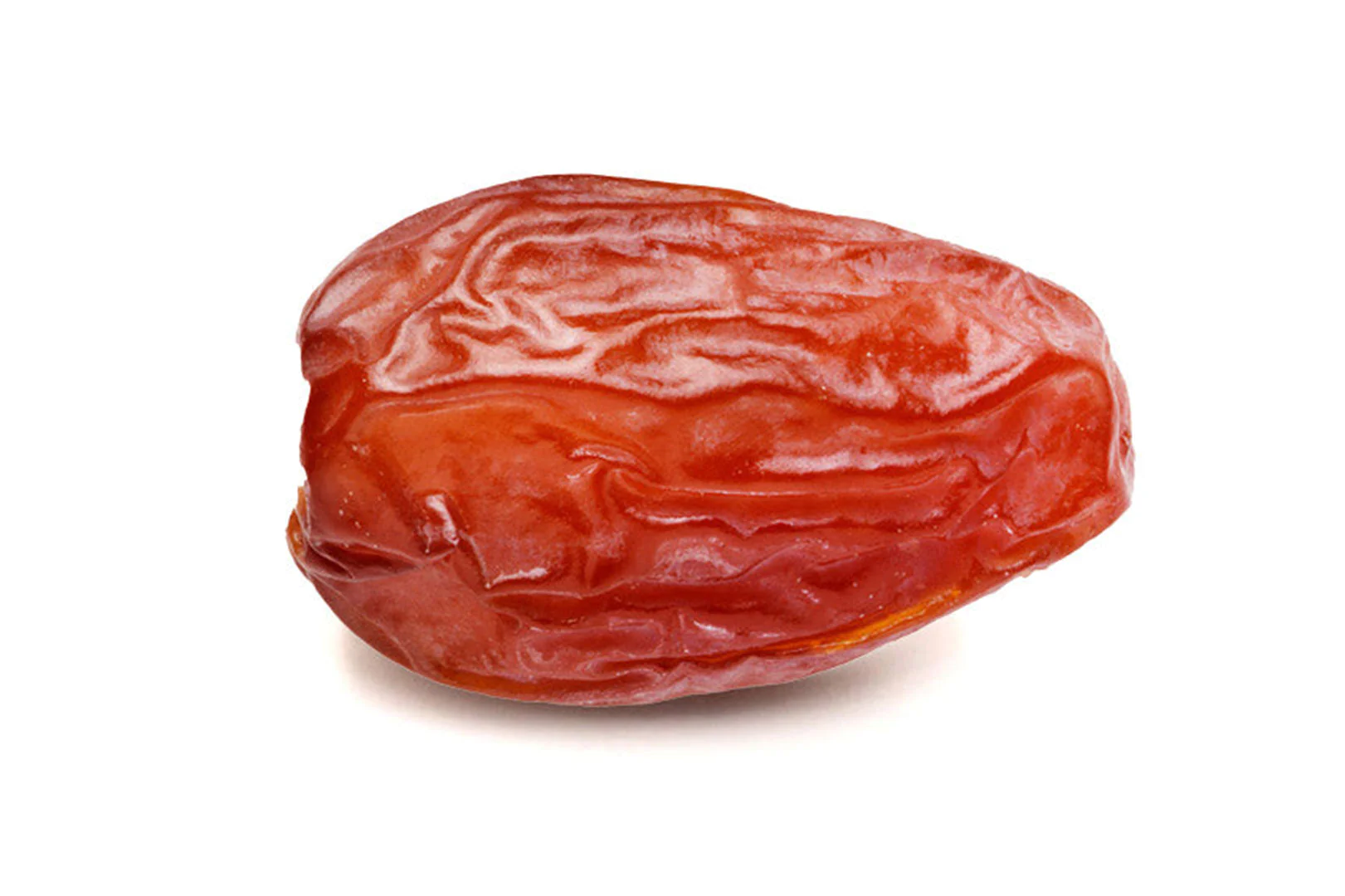Incorporating dates into your diet can be a delightful way to enhance both flavor and nutrition. These naturally sweet fruits offer a range of health benefits and can be a versatile ingredient in creating a balanced diet. Whether you’re looking to boost your energy levels, improve digestion, or satisfy your sweet tooth healthily, dates can play a significant role. Here’s how to make the most out of dates to create a well-rounded and nutritious diet.
1. Understanding the Nutritional Benefits of Dates
Dates are packed with essential nutrients, including dietary fiber, vitamins, and minerals. They are particularly rich in potassium, magnesium, and vitamin B6. These nutrients contribute to various health benefits:
- Energy Boost: Dates are a great source of natural sugars like glucose, fructose, and sucrose, providing a quick energy boost without the crash associated with processed sweets.
- Digestive Health: The high fiber content in dates aids in digestion and helps prevent constipation, promoting a healthy gut.
- Heart Health: Potassium and magnesium support heart health by helping to regulate blood pressure and maintain a healthy heart rhythm.
2. Incorporating Dates into Your Daily Meals
Breakfast: Start your day with a nutritious breakfast that includes dates. You can add chopped dates to oatmeal, yogurt, or smoothies. For a quick and satisfying option, try spreading almond butter on whole-grain toast and topping it with sliced dates.
Snacks: Dates make for an excellent snack on their own. Pair them with nuts like almonds or walnuts for a satisfying, protein-packed snack. You can also make date-based energy balls by blending dates with nuts and seeds, which are perfect for a mid-afternoon pick-me-up.
Lunch and Dinner: Enhance salads, grain bowls, or even savory dishes with chopped dates. They add a touch of sweetness to dishes like roasted chicken or quinoa salads. Dates can also be used in sauces or dressings to add depth and flavor.
Desserts: Dates are a natural alternative to refined sugars in desserts. Use them in energy balls, homemade granola bars, or as a sweetener in baked goods. You can also stuff dates with nuts or cheese for a decadent yet nutritious treat.
3. Creating Balanced Meals with Dates
When planning your meals, aim to balance dates with other food groups:
- Proteins: Pair dates with protein-rich foods like lean meats, fish, eggs, or plant-based proteins such as legumes and tofu.
- Fats: Combine dates with healthy fats from avocados, nuts, and seeds to create a satisfying meal that helps keep you full longer.
- Carbohydrates: Dates complement whole grains and vegetables, contributing to a balanced intake of complex carbohydrates that provide sustained energy.

4. Tips for Choosing and Storing Dates
- Quality: Opt for high-quality, organic dates when possible. They should be plump, soft, and free of any added sugars or preservatives.
- Storage: Store dates in an airtight container in a cool, dry place. They can also be refrigerated to extend their shelf life.
5. Exploring Creative Recipes with Dates
To get the most out of dates, try experimenting with different recipes. Here are a few ideas:
- Date and Nut Energy Balls: Blend dates with nuts, seeds, and a touch of cocoa powder. Roll into bite-sized balls for a nutritious snack.
- Stuffed Dates: Fill dates with a mix of cheese and nuts for a delicious appetizer or snack.
- Date Smoothie: Blend dates with spinach, banana, and almond milk for a nutrient-packed smoothie.
Conclusion
Dates are a versatile and nutritious addition to a balanced diet. Their natural sweetness and rich nutrient profile make them an excellent choice for a variety of meals and snacks. By incorporating dates into your daily routine, you can enjoy their health benefits while satisfying your sweet cravings in a wholesome way. Embrace the natural goodness of dates and let them sweeten your path to nutritional harmony.




